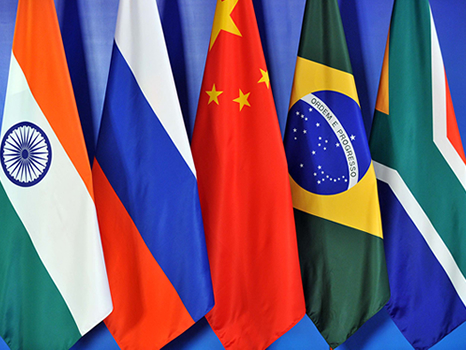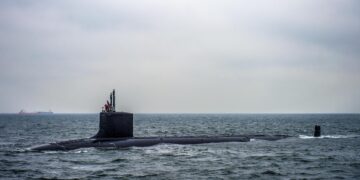July 8, 2024
The growing BRICS bloc should be a wake-up call for the U.S.

This month’s high-level global summit underscores the deepening geopolitical divides that increasingly define world politics and threaten U.S. interests. Media and observers paid close attention to the G7 and Ukraine peace summits. But in the same week, a pivotal, under-the-radar meeting took place in western Russia, as BRICS foreign ministers gathered with their counterparts from nearly two dozen Global South countries. Like the G7 and Ukraine summits, the BRICS meeting didn’t result in revelatory policy initiatives. However, it showed that more and more nations are aggrieved by U.S. policy, looking for alternatives to Washington’s leadership and want to be part of the de-dollarization trend.
Brazil, Russia, India, and China began the BRICS project in 2006, seeking to reform international finance institutions like the IMF and World Bank. South Africa later joined in 2010. The group formed the New Development Bank in 2014 but never gathered momentum or coherence until recently.
Early this year, important regional powers Iran, Ethiopia, Egypt, and the United Arab Emirates (UAE) officially joined the group. Before the June meeting, Moscow’s ambassador to China said that “the number of states interested in BRICS is much bigger than this entity can absorb now,” with nearly 30 countries hoping to receive an invitation. Countries like Turkey, a NATO member that has long sought admission to the European Union, and Thailand, which has historically been content to sit on the geopolitical sidelines, now want to join BRICS.
One doesn’t need a crystal ball to divine their motivations. The top diplomats from BRICS and the Global South spoke of the need to build new security, governance, and finance architectures to supplant the current U.S.-led systems that they believe only serve Western interests. BRICS features Global South countries’ concerns and grievances front and center—this rarely happens in Western-led international fora. In fact, anti-Western grievances are the political valence that brings together BRICS members and Global South countries.
More on Asia

Featuring Dan Caldwell
July 13, 2025

By Jennifer Kavanagh and Dan Caldwell
July 9, 2025

Featuring Jennifer Kavanagh and Dan Caldwell
July 9, 2025

Featuring Lyle Goldstein
July 4, 2025
Events on Grand strategy





